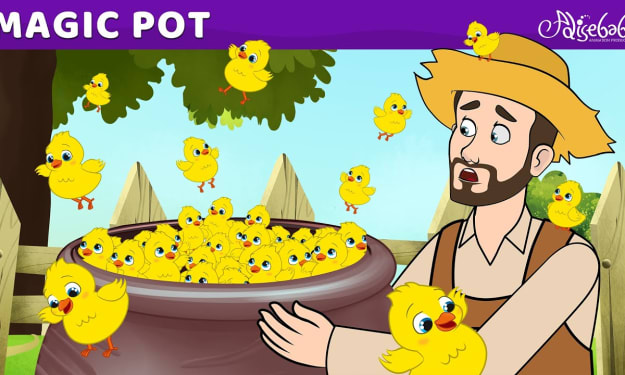
Aang's Journey: At its core, the series follows Aang's journey to become a fully realized Avatar. As the last Airbender and the one with the power to master all four elements, Aang must come to terms with his destiny and learn to balance his responsibilities with his desire for a normal childhood.
Fire Nation War: The Fire Nation's imperialistic ambitions and war are central to the series' conflict. Aang's main goal is to defeat Fire Lord Ozai and bring an end to the war that has plagued the world for a century.
Character Development: The show delves deep into character development for not only Aang but also his companions: Katara, Sokka, Toph, and Zuko. Their personal struggles, growth, and relationships are essential to the overall narrative.
Ethical Dilemmas: The series explores complex moral and ethical dilemmas, especially in the context of war and violence. Aang's pacifism and his struggle to find a solution that avoids killing Ozai highlight these themes.
Spiritual Elements: Aang's journey involves mastering not only the physical aspects of bending but also the spiritual aspects of being the Avatar. His interactions with spirits, meditation, and visits to various spiritual locations play a significant role in his development.
Cultural Diversity: The show's world is rich in cultural diversity, with each nation having its unique bending style, traditions, and societal structures. This diversity is often explored and celebrated throughout the series.
Friendship and Teamwork: Aang's journey wouldn't be possible without the support of his friends. The theme of friendship and the importance of working together to achieve common goals are prevalent throughout the story.
Redemption: The redemption arc of Prince Zuko is a central and powerful element of the show. His internal struggles, transformation from antagonist to ally, and quest for his true purpose make for a compelling narrative thread.
Legacy and Balance: Aang's ultimate goal isn't just to defeat the Fire Nation but to restore balance to the world. This theme of balance, both in terms of bending elements and societal harmony, is woven throughout the series.
Humor and Lightness: Despite dealing with serious themes, the show incorporates humor and light-hearted moments that provide relief and add depth to the characters' personalities.
These are just a few of the many layers that make "Avatar: The Last Airbender" a beloved and well-regarded series, as it weaves together action, drama, humor, and philosophical themes into a cohesive and engaging narrative.
World-Building: The creators, Michael Dante DiMartino and Bryan Konietzko, crafted a detailed and immersive world with distinct nations, cultures, bending styles, and histories. This world-building provides a rich backdrop for the characters' journeys and the unfolding of the story.
Foreshadowing and Symbolism: The show is filled with foreshadowing, symbolism, and recurring motifs that add depth to the narrative. These elements create a sense of continuity and meaning that resonate with both casual viewers and those who are paying close attention.
Epic Battles and Action Sequences: The series features thrilling and well-animated action sequences that enhance the tension and excitement. These battles are not just about flashy visuals but are often tied to character development and key plot points.
Side Characters and Arcs: "Avatar: The Last Airbender" gives significant attention to side characters, many of whom have their own character arcs and growth. These arcs contribute to the richness of the world and provide diverse perspectives on the unfolding events.
Mythology and Lore: The show's incorporation of myths, legends, and prophecies adds depth to the narrative. These elements often tie into characters' journeys and help to shape the overall story.
Pacing and Balance: The series strikes a great balance between standalone episodes, character-focused stories, and overarching plot development. This balance ensures that viewers become invested in the characters while staying engaged with the larger narrative.
Emotional Resonance: The show masterfully elicits emotional responses from its audience. Whether it's moments of joy, sadness, or triumph, the emotional beats are well-crafted and relatable.
Political Intrigue: The show's exploration of political dynamics, especially in "Book Two: Earth," adds complexity to the world. Tensions between nations, power struggles, and the consequences of war play a significant role in shaping the narrative.
Rise of Legend and Myths: The show's approach to how legends and myths are born is notable. The stories that develop around the Avatar and other characters add layers of intrigue and reflection on the power of storytelling.
Overall, "Avatar: The Last Airbender" is a masterclass in storytelling that effectively weaves together these and many more narrative elements. Its careful attention to character development, world-building, themes, and storytelling techniques has contributed to its enduring popularity and critical acclaim.






Comments
There are no comments for this story
Be the first to respond and start the conversation.